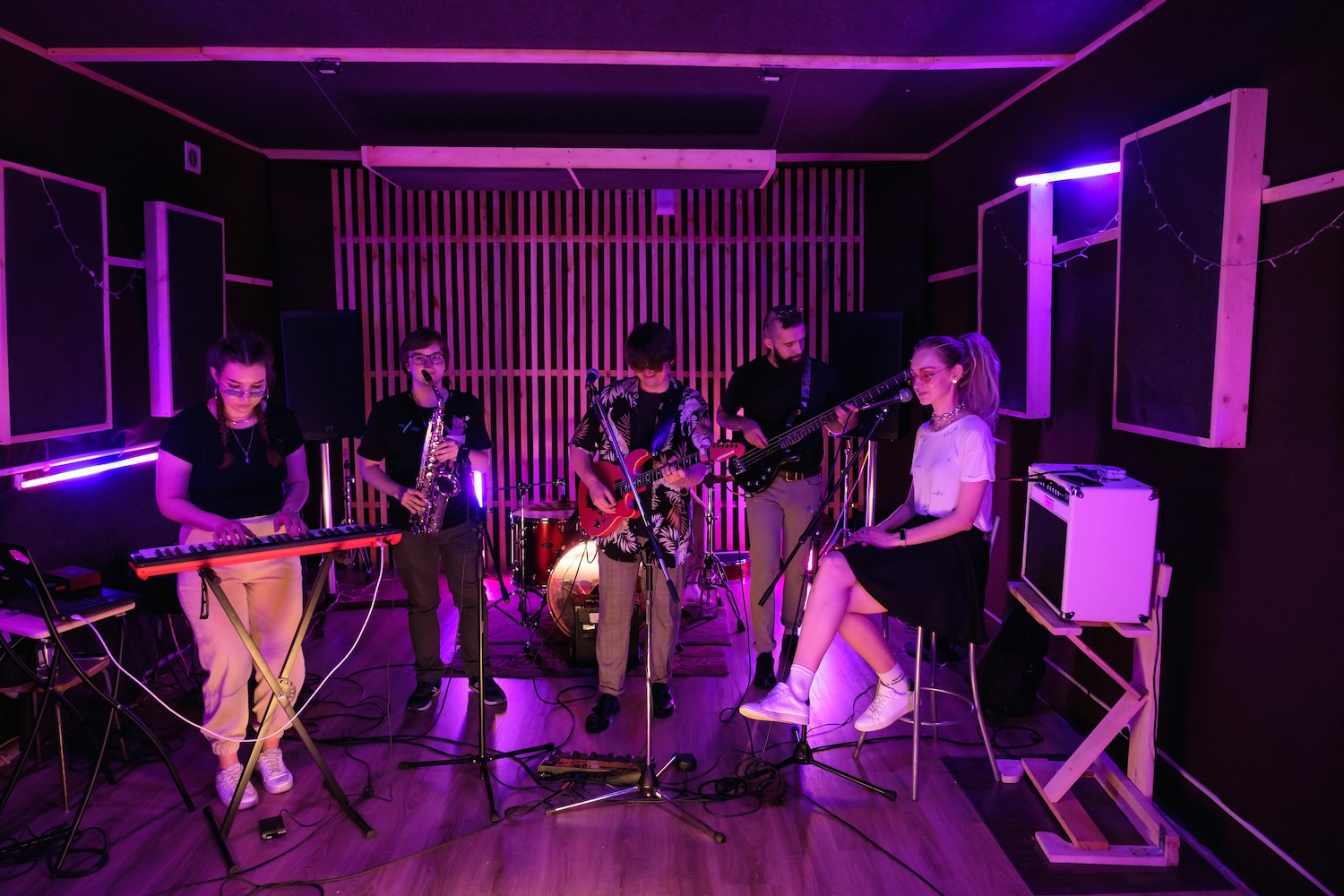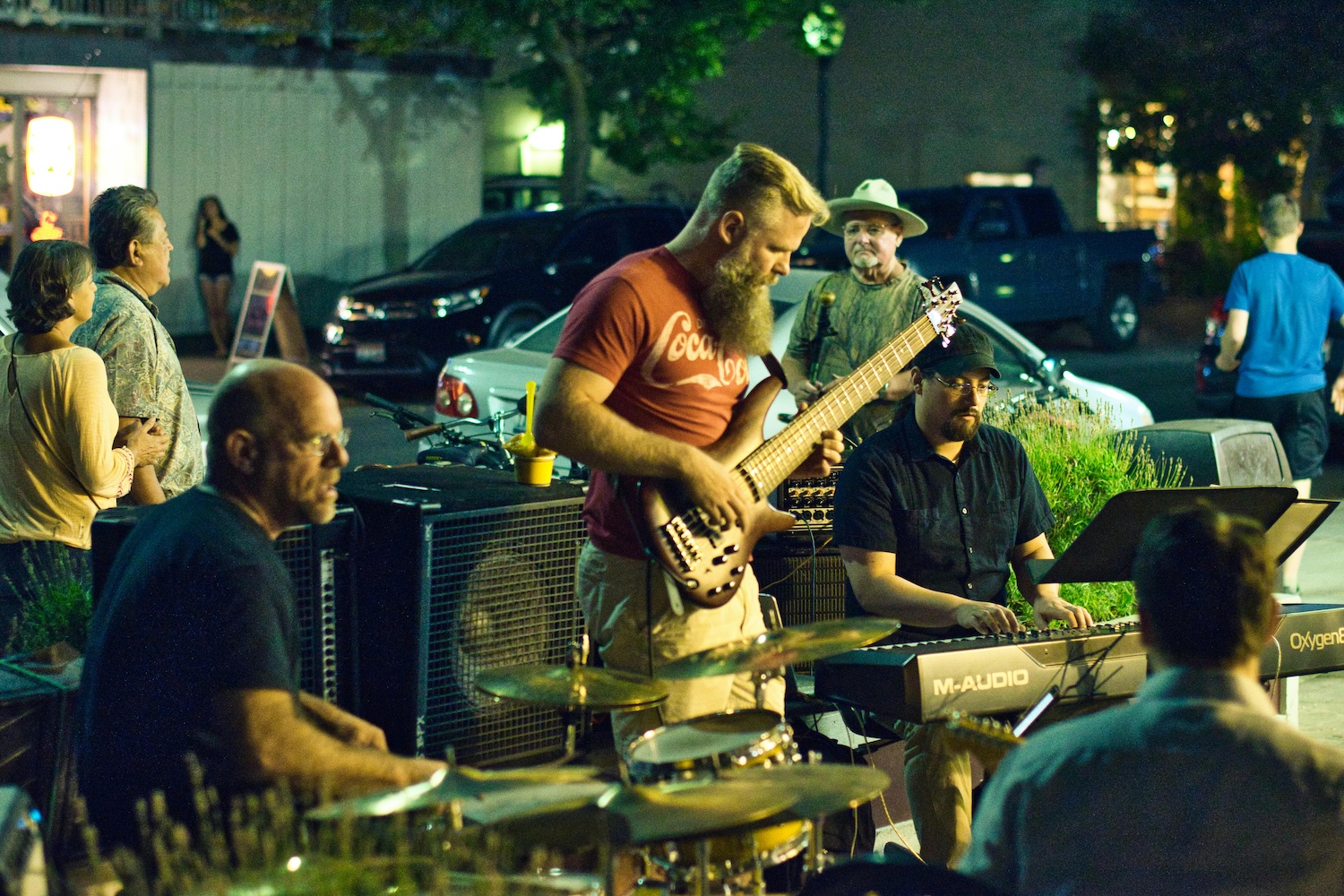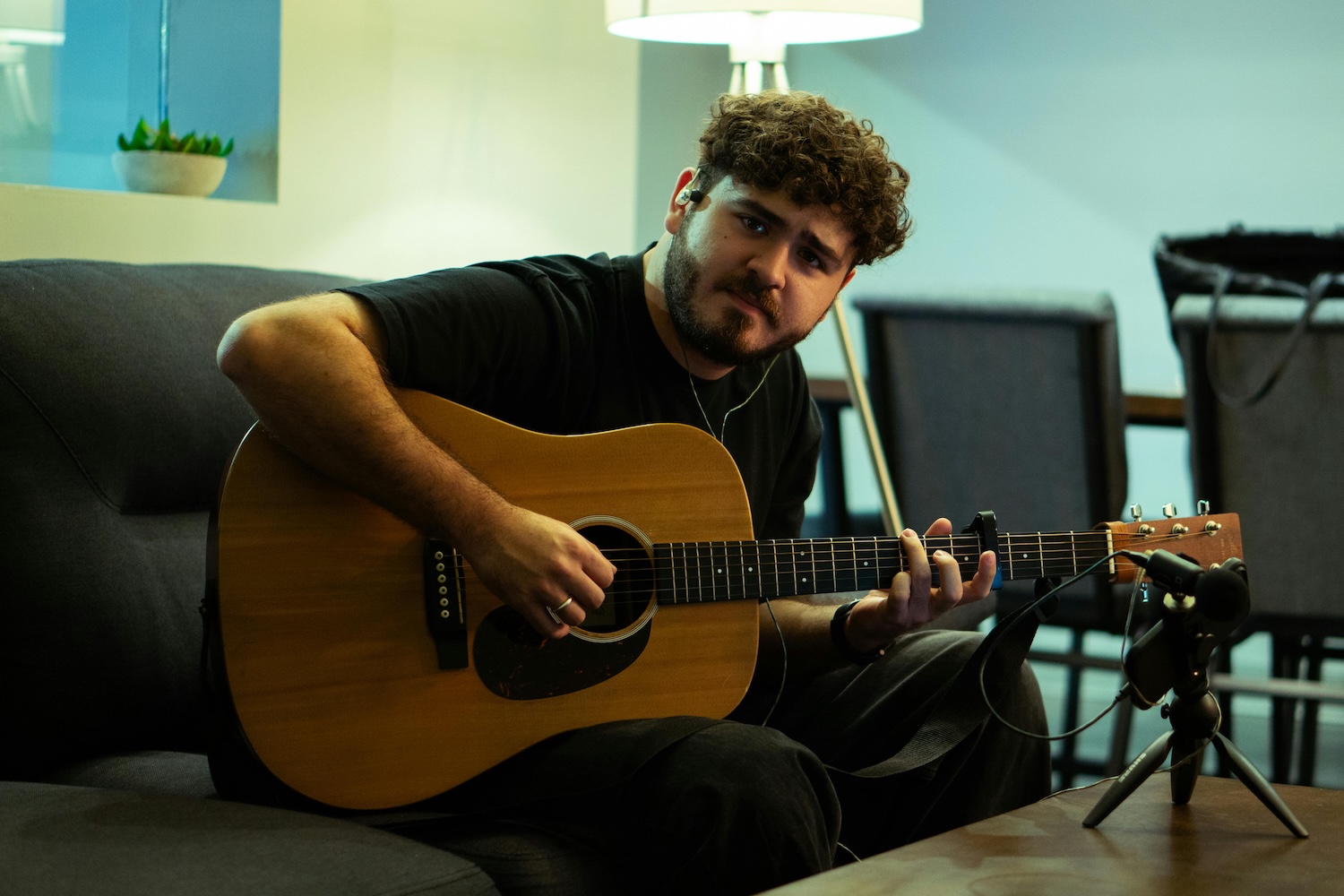Blog
Latest News

There are more skilled musicians, bands, and projects than ever before. Yet the music scene still struggles to hold together. The problem isn’t creativity or ambition. It’s the absence of shared structures that connect people, projects, and opportunities over time.

Musicians in 2026 have more opportunities, platforms, and paths than ever before. Yet many feel more stuck than at any other time. Unlimited choice has become a burden, and without clear direction, choosing well becomes harder instead of easier.

There is no shortage of talent, energy, or motivation among young musicians today. What’s missing are clear frameworks, adult structures, and bridges into a sustainable musical life. The transition from rehearsal room to reality is still far too fragile.

It has never been easier to access music online. Yet at the same time, local music scenes have become harder to find. Musicians, bands, and venues still exist, but they are increasingly invisible in a digital landscape that favors the global over the local.

Music is created through collaboration, yet many musicians are pushed to think and act as individuals. When structures reward solo performance over teamwork, the result is conflict, burnout, and bands that rarely last.

In the music world, visibility is often mistaken for quality. But many of the most skilled musicians work far from the spotlight. They play locally, steadily, and professionally without hype, without branding machines, and without algorithmic momentum.



